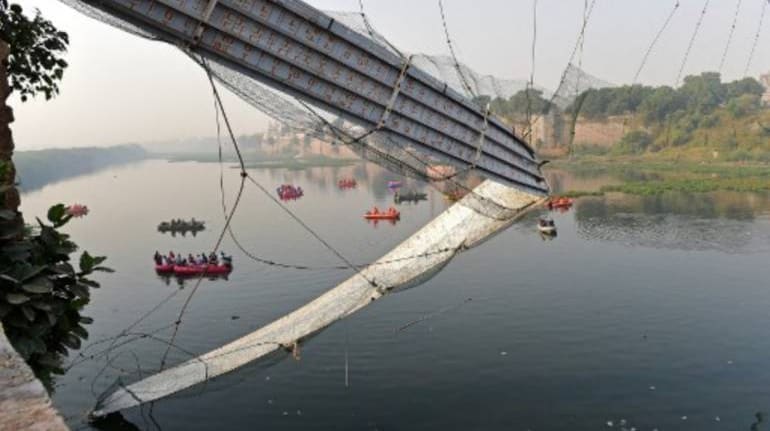
A few years ago, the country woke up to news of a gruesome murder in a private school in the National Capital Region. A seven-year-old boy was murdered in the school bathroom, with his throat slit. Immediately, the police arrested a bus conductor employed by the school, accusing him of sodomising the child, and then murdering him.
As the justice system swung into action, the local bar associations of the district court which the accused would be produced before, as well as those of neighbouring districts, passed a peculiar resolution. It resolved that none of its members will represent the accused, due to the heinous nature of the crime. (Names have been omitted, due to a gag order by the courts).
The victim child’s father, however, unhappy with the progress of the investigation, relentlessly knocked on the court’s doors to transfer the probe to the Central Bureau of Investigation. Once that happened, the case took on a different turn. The investigators allegedly found evidence connecting another student (presently facing trial for murder) from the same school — it was strongly alleged, this student was a child of one of the leading functionaries of the local bar association.
Boycotts by lawyers inevitably raise eyebrows. More so in the case of a tragedy like the bridge collapse at Morbi, in Gujarat, on October 30. On the one hand, the tragedy is not necessarily different from many others that happen around the country in terms of culpability, all of which have accused represented by lawyers. On the other hand, the accused named by the police were middle-level managers who were probably not the ones responsible for what appears to be a mal-intended contract, and for opening the bridge to the public when it was.
If that’s the case, then all that can be achieved by depriving them of legal assistance would be to pin blame on somebody who is not necessarily the prime guilty. (Note: The accused were eventually represented in court, by a lawyer from Ahmedabad).
***
Bar associations are associations of lawyers practicing in each court — they have a huge say in the day-to-day functioning of the courts. Boycotts called by bar associations are usually of two types. One, courts are boycotted due to perceived injustices meted out to their members (such as an arrest of, or disrespect shown to, a member). In these instances, it is the ordinary litigant who suffers. Let’s say, after months of waiting for your case to be heard, it is listed on a particular date. Even if the litigant’s chosen lawyer is willing to appear for them, a strike would keep them out of the court premises. The court most likely will not pass an adverse order on that date, but the next date for hearing might be several months later.
At other times, such as in the Morbi case, a collective decision is taken to avoid a certain case. Perhaps not coincidentally, most of such cases involve an accused who are typically poor, for whom finding an outstation lawyer will be a debilitating burden.
Way more often are cases where individual lawyers choose not to take up specific cases or clients — for instance, senior advocate Mukul Rohatgi refused to represent some Chinese app-makers after the Indian government banned a whole host of apps, but these are rarely publicised, and is a personal choice that does not have a societal impact.
When the case involving the earlier mentioned private school student reached the Supreme Court, the court chastised the bar association for its resolution, calling it a violation of the promise of Article 22 of the Constitution that one has a Fundamental Right to legal representation of their choice.
In another such case, the apex court said, “Lawyers are considered officers of the court, which burdens them with the duty of putting aside their personal opinions in order to ensure that justice is effectively dispensed.”
Lawyers do get a bad rap from society for representing ‘undesirables’. But that is part of what we signed up for. To suddenly develop a thin skin and cast certain accused as unworthy of advocacy is merely a cop out, at best. It also contradicts what lawyers regularly implore the court to believe. That an accused is guilty only if they have been tried in a court of law with proper representation. To attribute guilt before the conclusion of a fair trial is simply unethical.
Discover the latest Business News, Sensex, and Nifty updates. Obtain Personal Finance insights, tax queries, and expert opinions on Moneycontrol or download the Moneycontrol App to stay updated!